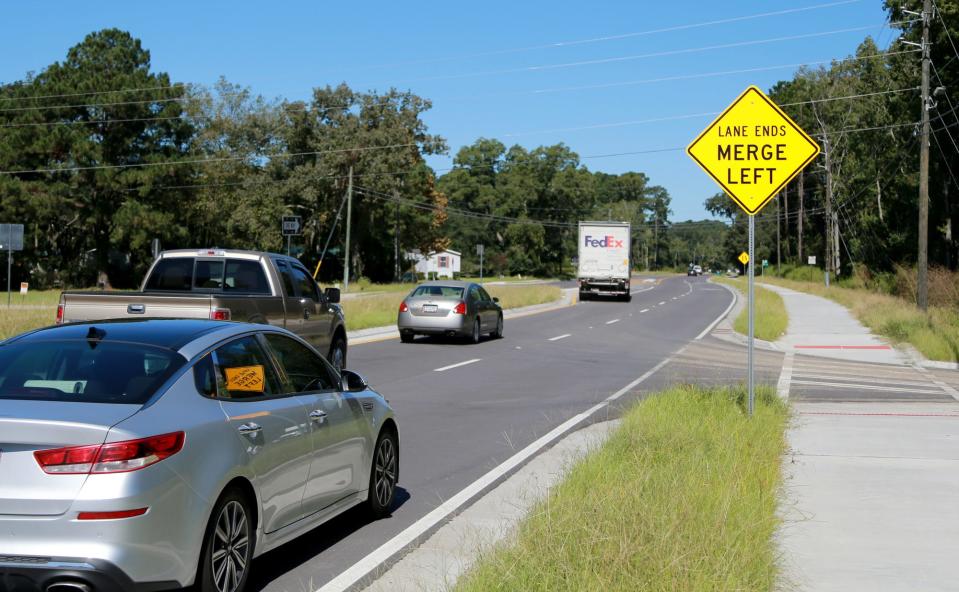City Talk: Is TSPLOST worthy of voter support in November? Proposed tax faces uphill climb
This is the City Talk column by Bill Dawers, a longtime contributor to the Savannah Morning News.
“Sophisticated cities have comprehensive public transportation systems and I just don't think that in 2022 we should have a community where people cannot freely traverse from one end of our county to another,” said Savannah Mayor Van Johnson amidst contentious TSPLOST negotiations in January.
In his call for better regional planning, Johnson focused primarily on the expansion of Chatham Area Transit. I was among the voters who were encouraged to see him take a tough, principled stand on the issue of transit before lending his support to a countywide referendum to impose another 1% sales tax.
But Johnson backed off. The intergovernmental agreement (IGA) approved recently by Savannah City Council has little more than a rhetorical nod to transit expansion, which is critical to reducing roadway congestion and giving area residents more transportation options.
More City Talk: Infighting and confusion highlight Savannah City Council dysfunction
And: Savannah Mall redevelopment presents opportunities, challenges
A key passage in the IGA says, “County and Municipal TSLPOST support will include appropriate consideration of transit-supportive infrastructure such as sidewalks and shelters as well as partnership funding to leverage grants for system expansion, fleet and operations sustainability including EV, and a keen focus on connecting all of Chatham County.”
“Appropriate consideration.” Sure.

Like SPLOST, TSPLOST is a special purpose local option sales tax that can be used for specific types of projects as outlined in state law. Chatham County voters have always voted in favor of the multiyear SPLOST collections, despite myriad controversies, but there is no guarantee of public support in the next cycle.
In 2012, a regional TSPLOST failed because of strong opposition from Chatham County voters. I supported that referendum because I thought that the thoughtful project lists balanced a lot of different interests and targeted revenues for important needs like safer bridges on the road to Tybee Island.
But this year’s project lists seem less thoughtful and more reactive.
After many years of approving aggressive residential and commercial expansion into new areas without adequate plans to manage the growth, Chatham County and the municipalities want tens of millions of TSPLOST dollars to increase capacity on connector roads.
But without transit expansion and better planning, the added road capacity will likely lure more drivers and encourage more sprawl. Studies on induced traffic demand suggest that those widened roads will eventually be as congested as they were before.
As a political matter, TSPLOST will need significant support from residents of older Savannah neighborhoods, especially African American voters. Some Savannahians will support the new tax on the promise of sidewalk upgrades, better connectivity, drainage improvements and other general categories, but the inherent vagueness of the city’s spending plans contributed to three alderwomen voting against the IGA and the November referendum.

It’s too soon to call TSPLOST dead on arrival, but the proposed tax seems likely to face broad-based opposition in November.
If elected leaders like Johnson and Chatham County Chairman Chester Ellis fumble the politics of the vote, I predict that the opposition will carry over to the next SPLOST vote.
This article originally appeared on Savannah Morning News: Chatham County TSPLOST to face voter scrutiny due to vague roadmap

